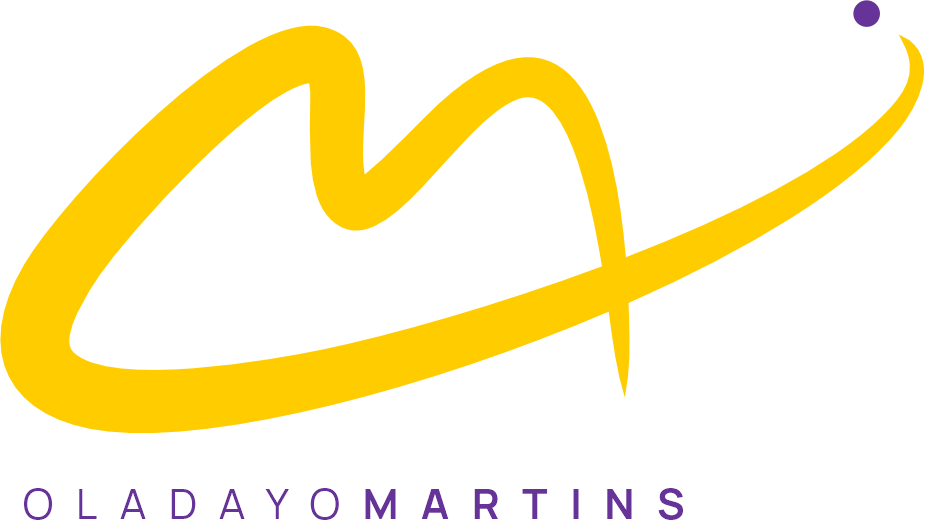It’s unfortunate that the level of importance placed on education in Nigeria is increasingly diminishing. The Academic Staff Union of Universities in Nigeria (ASUU) weeks ago embarked on an indefinite strike over claims that the Buhari led Federal Government in Nigeria has failed to meet the demands of the association.
Long story short, this may go on forever, so, I have shared here what you can do as an affected student to build value for yourself and this value will be useful forever and especially in the workplace.
What are Softskills?
Soft skills are the more intangible and non-technical abilities that are sought from candidates. For example:
Communication
Teamwork
Problem-solving
Leadership
Responsibility
Soft skills are sometimes referred to as transferable skills or interpersonal or meta-skills.
What You Will Gain With Softskills?
Soft skills are the special qualities that make outstanding #conversation possible. They might be a unique approach for you to demonstrate confidence in difficult situations. This post aims to expose you to “The Top 10 Soft Skills You Must Have in the Workplace” and it will teach you how to build a foundation of soft skills. You will improve practically every element of your life, not just at work, by controlling and looking at how people interact and seeing things in a new light.
Soft skills for 2022 and beyond can have a direct impact on not just how well you do at a workplace, but also whether or not they hire you. Some crucial soft skills that hiring managers look for will help them figure out how you work with others, solve problems, and meet deadlines.
- Problem-Solving Genius
Innovative problem-solving is one of the top soft skills that hiring managers are looking for in 2022. Finding a bug in a line of code demonstrates to companies that you have technical skills as a QA Tester. But how can you handle the problem with your team? Do you put the blame on the developer to make it look like you’re doing a good job? Or do you plan solutions that will benefit the team as a whole, ensuring that the client who receives the product is satisfied? Employers like people who are not afraid to take on new challenges. As a result, when answering interview questions, discuss how you solved challenges. Rather than a no-brainer, hiring managers look for unique ideas. -
High Emotional Intelligence
Emotional intelligence (EQ) is the capacity to notice, react to, and respond to one’s own and others’ emotions. When dealing with others, it is critical to be able to keep your emotions in check since your emotions may quickly impact those around you.Hiring managers are looking for those who can demonstrate these abilities when making company decisions or taking constructive feedback. Furthermore, several studies demonstrate that having a high EQ is linked to job happiness.
-
Adaptability
To achieve and keep any success, one must adapt. This is true in any scenario, businesses and individuals alike. Candidates who adapt to change also expect it and are thus highly motivated and not easily discouraged. They hold many leadership qualities and quickly move up an organization’s ladder.This is especially true in the tech sector. If you aren’t ahead, you’re behind. Those who easily adapt from the old ways to the new can flourish in IT fields.
- Conflict Resolution
There is always tension when there is collaboration. Even the brightest minds should not be expected to operate flawlessly together in a reputable company. Employers are interested in seeing how you handle disagreement when it arises.
When a disagreement arises, you have the option of wasting time arguing or trying to find a solution. If conflict is not effectively resolved, it can impede productivity and eventually lead to high turnover. Candidates that successfully settle disagreements demonstrate essential soft skills that lead to positions of leadership. Furthermore, they serve as moderators while remaining sensible in tough situations.
-
Problem Solving
Issue solving necessitates not just analytical, creative, and critical thinking abilities, but also a specific attitude; individuals who can approach a problem with a calm, the level head can typically arrive at a solution more quickly than those who cannot.This is a soft talent that frequently relies on excellent collaboration. Problems need not always be solved alone.The ability to know who can help you reach a solution, and how they can do it, can be of great advantage. - Time Management
Many professions have strict deadlines and, in certain cases, enormous stakes.Candidates with a resolute attitude, an unwavering ability to think clearly, and the ability to compartmentalize and put stress aside are prized by recruiters.Time management is intertwined with the capacity to operate under duress and to meet tight deadlines. Employees who manage their time well can efficiently prioritise tasks and organise their diaries while adopting an attitude that allows them to take on new tasks and deadlines.
- Communication
One of the most crucial soft talents is communication. Ability communicators can modify their tone and style to their audience, absorb and respond to directions quickly, and explain difficult situations to coworkers and clients. Listening is an important communication ability that is often overlooked. Good listening skills can help you understand and respond effectively to the situation you’ve been presented with, whether you’re dealing with a client complaint or working with your coworkers. Equally as important are your verbal and non-verbal skills.Verbal skills are key to fostering relationships that are collaborative and respectful, and ultimately, productive. This also applies to your written communication.
A lot of business communication is now played out by email, so it’s important to know good email etiquette and give instructions clearly and concisely.
-
Responsibility
Responsibility is a soft talent that is rarely spoken but greatly respected.Colleagues who refuse to take ownership of their job will be less productive and successful in the long run.Make sure you can master these abilities to exhibit a high degree of responsibility:TrustworthinessDisciplineMotivationConscientiousnessAccountabilityResilienceAdaptabilityTaking responsibility means taking ownership of not only your goals but the wider company goals. This will mean taking the initiative to make improvements, accepting responsibility for any failures, and really caring about working your way to success. -
Teamwork
Teamwork like leadership necessitates the use of a variety of soft talents.
Working as part of a team to achieve a common objective necessitates the intuition and interpersonal skills to know when to lead and when to listen.
Perceptive and responsive to the needs and duties of others, good team players are perceptive.
-
Self-Motivation
A pleasant attitude and the ability to perform efficiently without constant supervision are essential soft skills for any job.
It not only demonstrates dependability and devotion but also demonstrates that you can work well inside an organizational framework without continual monitoring.
To demonstrate your motivation, think about these keys skills:
Positivity
Ambition
Commitment
Initiative




Very nice write-up. I definitely appreciate this site. Thanks!